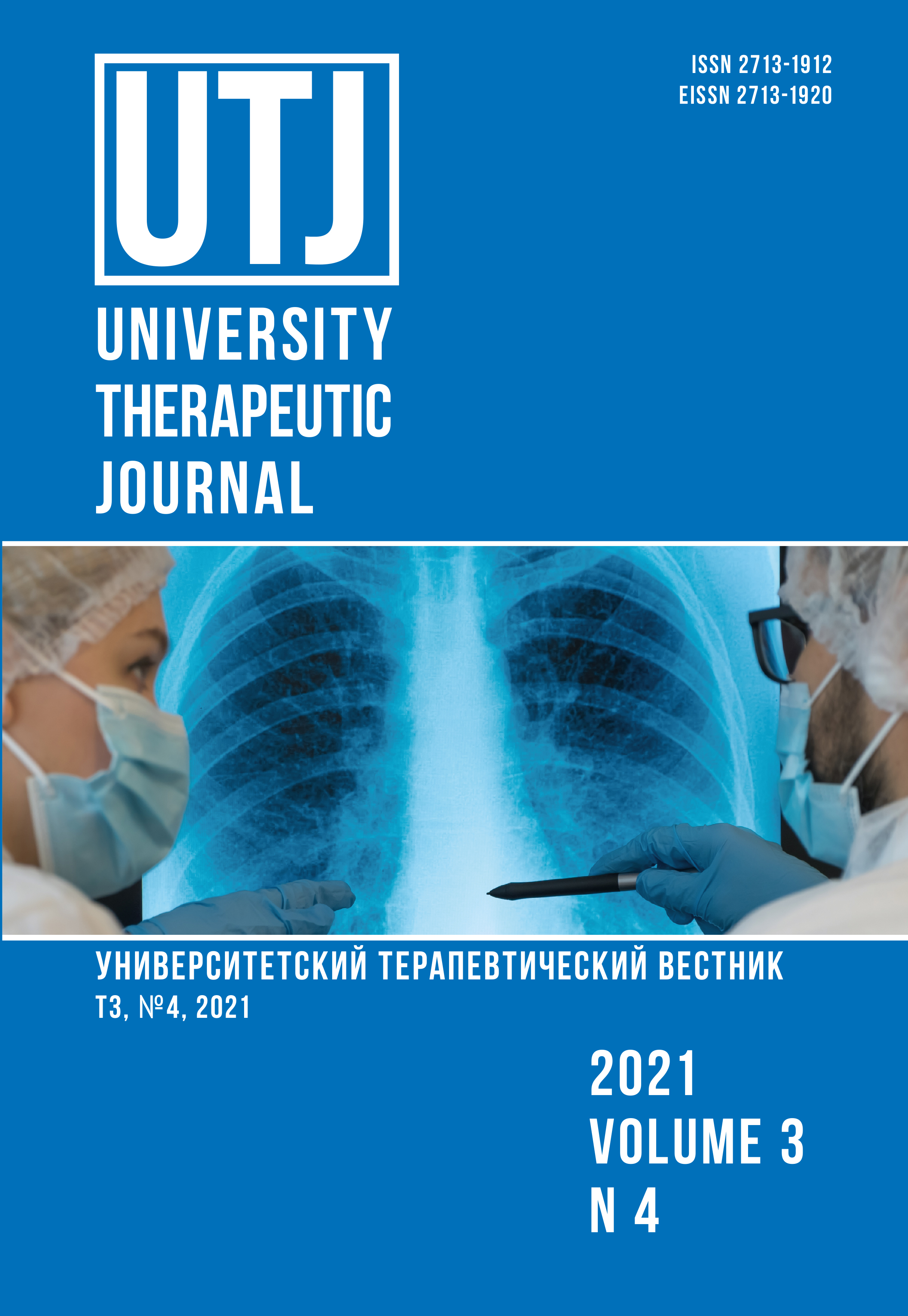Probiotics and prevention of allergies
Abstract
The widespread use of antibiotics, vaccination and improvement of sanitary conditions have significantly reduced the incidence of infectious diseases in industrialized countries, and at the same time, in these countries, an intensive increase in the incidence of allergic diseases in children began to be noted. Depending on the strain and dose, probiotics interact with immune and epithelial cells of the intestinal epithelium, resulting in modulation of physiological and immune functions. In intestinal dysbiosis in conditions of a sufficiently long term deficiency of normal microbiota in the intestinal biofilm, the dominance of opportunistic microorganisms can be observed, which increases the likelihood of atopic disease. The use of modern intestinal probiotics seems to be a promising way to solve the problem of preventing allergic diseases in children from risk groups.


